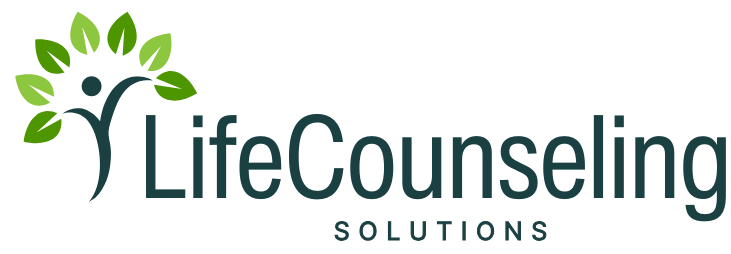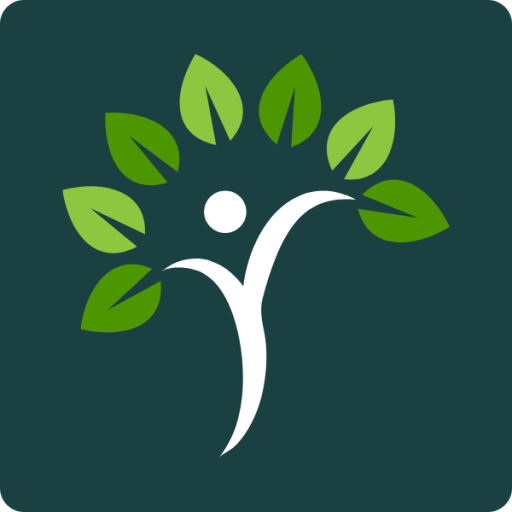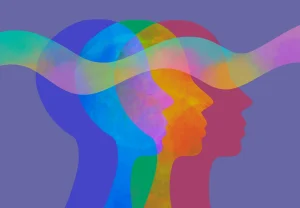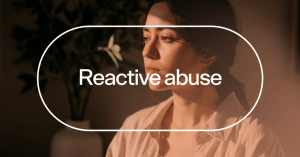In today’s world it is very common to address a child’s problematic behavior through the use of pharmaceuticals. While this can be a helpful tool to aid your child’s ability to function and concentrate in school, it is not without its side effects.
I have heard many complaints from parents that their child seems to lose their unique personality while taking ADHD medication and/or that they sleep most of the day away. Many others have told me that while the medication helps it does not completely correct all the symptoms that their child is experiencing.
I have yet to come across a parent that tells me how ecstatic they were about putting their child on medication even if it was effective. So why do parents go for the medications when they have such anxiety about doing so?
It can be for many reasons but the two main reasons are the pressure from outside forces (teachers, medical doctors, family members) or it may simply be that the parent is not aware that there are other ways of handling a child’s behavioral issues.
Here are 5 tips that can help a parent have the most success with their ADD/ADHD child.
#1 Cut out all processed sugars!
This by itself can make a huge impact on the behavior of the child. While foods such as cookies, cakes, white bread, and soda are bad for us all, they are especially damaging to a child. As adults most of us have learned right from wrong and appropriate from inappropriate. A child is still learning these things.

When excess amounts of sugars are introduced into the diet they tend to forget all about what’s appropriate. They simply go with what makes them feel good in the moment. It may be that the child becomes very hyperactive. Or, they may have an energy crash in the middle of the school day and want to sleep.
#2 Eat a healthy diet.
As an Acupuncture Physician we do not preach about any “one” diet that is appropriate for everyone. We look at the person’s unique symptoms and find the best foods to combat those symptoms.
However, I do not meet very many children who are consuming too many vegetables. Vegetables such as the green leafy kale and cabbage can really help a child who is very hyperactive and shows aggressive tendencies. Be careful of too many fruits in the diet. While an apple a day is great, fruits such as bananas are loaded in sugar and should be eaten infrequently.
Food that is high in omega 3’s such as salmon, flax seed, and chia seeds are very helpful in the health of a child’s brain. Work toward removing the white bread from the child’s diet and replace it with a healthier sprouted bread option which you can find in the freezer section at your local supermarket. Sprouted breads are much easier to digest by the body.
Lastly, whether we are talking about produce or meat, do your best to buy organic foods. We are learning more and more each day about the negative effects of the added chemicals in conventional foods.
#3 Know your child’s unique personality.
Every child is different therefore not all therapies and/or activities should be the same for each child. Children who have more aggressive behavior are likely to do well with physical sports where they can channel that energy into something productive.
However, a child who exhibits behavior in which he or she is very critical of others and over analyzes everything would do better in a more structured activity. Activities that use a great deal of brain power such as a chess class or taking weekly trips to a science center could be beneficial.

While it is a great idea to gradually insert new activities into a child’s life that help with their weaknesses, always start with their strengths. This will greatly help their self-esteem and make it a less stressful and trying time for the child when asked to improve on their weaknesses.
#4 Know your own unique personality.
Having a child exactly like yourself might be easier to handle but it is often not reality. If you are the kind of person that operates from a very logical mind and tends to be very structured, having a child who is all about fun and play might be a challenge for you. This is where it is very important for a parent to know their own strengths and weaknesses.
Teach your child by gently showing them how you approach life and be willing to learn from the child’s unique perspective as well. I believe very strongly that children can teach us and make us well rounded individuals if we are open to the process.
#5 Give it time!
We live in a society where everyone wants instant results. This is a big reason why pharmaceuticals are the first option in treating ADD/ADHD and not the last. While I have much sympathy for teachers and families that are struggling with a child with ADD/ADHD symptoms, these symptoms do not go away over night.
It takes time for diet and behavioral changes to take effect. If an adult patient needs to significantly decrease their weight because of health concerns I do not expect them to lose the entire 50 pounds in a week. We need to use this same mentality when treating a child’s mental and emotional state.
Always remember that LESS IS LOVE. We want to make healthy changes gradually but do your best not to put intense pressure on your child and on yourself. These changes can be and should be a very fun and exciting time for the family.
 About The Author: Dwight Franklin A.P. is a graduate of Florida College of Integrative Medicine, where he received a Bachelor’s Degree in Health Studies and a Master’s Degree in Oriental Medicine. He has worked in various medical offices throughout his career assisting medical doctors, doctors of chiropractic, and licensed mental health counselors in achieving success in the treatment of many common diseases. Dwight combines Oriental Medicine along with Craniosacral Therapy (a light touch therapy used to improve the flow of cerebrospinal fluid throughout the brain and spinal cord) to get the best possible results for his patients. Although he treats patients of all ages, his lifelong goal is to change the lives of children suffering from ADD/ADHD, Autism, and various mental and emotional health disorders through the practice of Oriental Medicine, Craniosacral Therapy and Food Therapy.
About The Author: Dwight Franklin A.P. is a graduate of Florida College of Integrative Medicine, where he received a Bachelor’s Degree in Health Studies and a Master’s Degree in Oriental Medicine. He has worked in various medical offices throughout his career assisting medical doctors, doctors of chiropractic, and licensed mental health counselors in achieving success in the treatment of many common diseases. Dwight combines Oriental Medicine along with Craniosacral Therapy (a light touch therapy used to improve the flow of cerebrospinal fluid throughout the brain and spinal cord) to get the best possible results for his patients. Although he treats patients of all ages, his lifelong goal is to change the lives of children suffering from ADD/ADHD, Autism, and various mental and emotional health disorders through the practice of Oriental Medicine, Craniosacral Therapy and Food Therapy.







